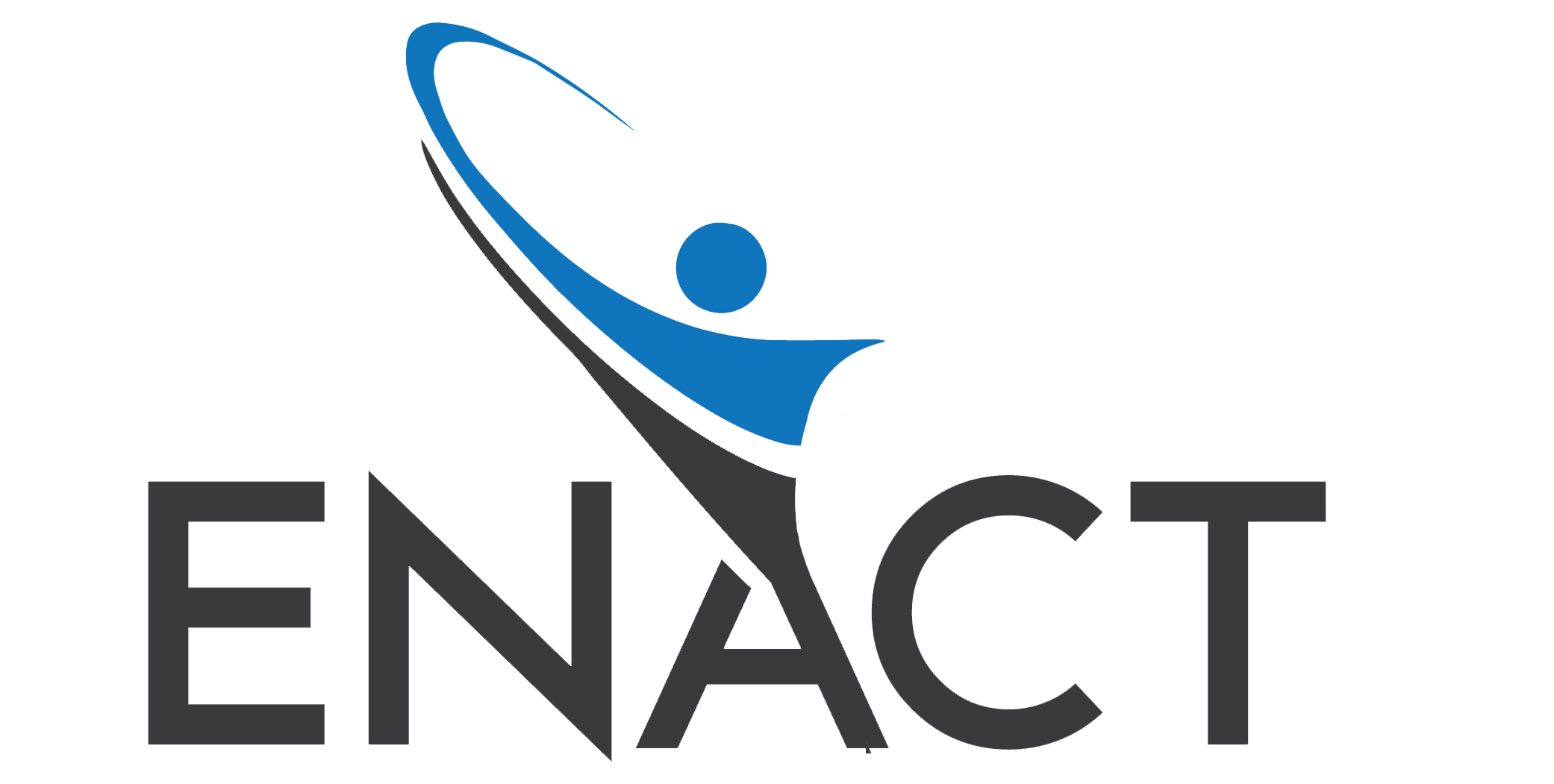
University of Moratuwa Sri Lanka (UOM)
The University of Moratuwa was established with a vision to be the most globally recognized knowledge enterprise in South Asia. It was instated in, the University of Moratuwa, Sri Lanka on 22 December 1978 under the Universities Act No. 16 of 1978 and operates under the direction of the University Grants Commission. However, its origin can be further traced back to the Government Technical School (GTS) functioning at Maradana, Colombo in 1893, later renamed and reorganised as the University of Moratuwa. Currently, University of Moratuwa comprised of five faculties, namely Architecture, Business, Engineering, Information Technology, and Graduate Studies.
The University of Moratuwa has twenty-two (22) academic departments offering twelve (12) Bachelor’s degree programs to students selected by the University Grants Commission (UGC) and fifty-six (56) postgraduate programs together with MSc, Phil & PhD research-based postgraduate degrees and it delivers one External degree programme. Over 12,000 undergraduate and postgraduate students are enrolled at the University of Moratuwa as of the end of December. 423 full-time academic staff, 32 administrative staff and 770 supporting and non-academic staff are engaged in the operation of the university. The University of Moratuwa is embedded its name in the fields of engineering, Information Technology and architecture.
In order to keep abreast with the latest development of engineering education, the courses of Faculties were converted to the semester system from sessional system in the year 2001. Presently, a majority of the undergraduate degree programmes offered by the Faculty of Engineering have earned fully-fledged Washington Accord Accreditation and Institute of Engineers Sri Lanka recognition. The University of Moratuwa is currently the pioneering institute in Sri Lanka for Engineering and Technical education.
Being a University in a developing country, the University of Moratuwa places greater importance on training university administrative and non-academic staff in the fields necessary for capacity building. Such training in European countries will provide opportunities for them to bring new knowledge, practice and new thinking needed in the globalised world to the country and contribute to institutional development in many aspects. Incoming motilities of staff also will have the same benefit in addition to the exposure to different cultures which will bring the world closer.


our team

Mr. d.l. dilshan jayantha
Coordinator UOM
Registrar
University of Moratuwa
